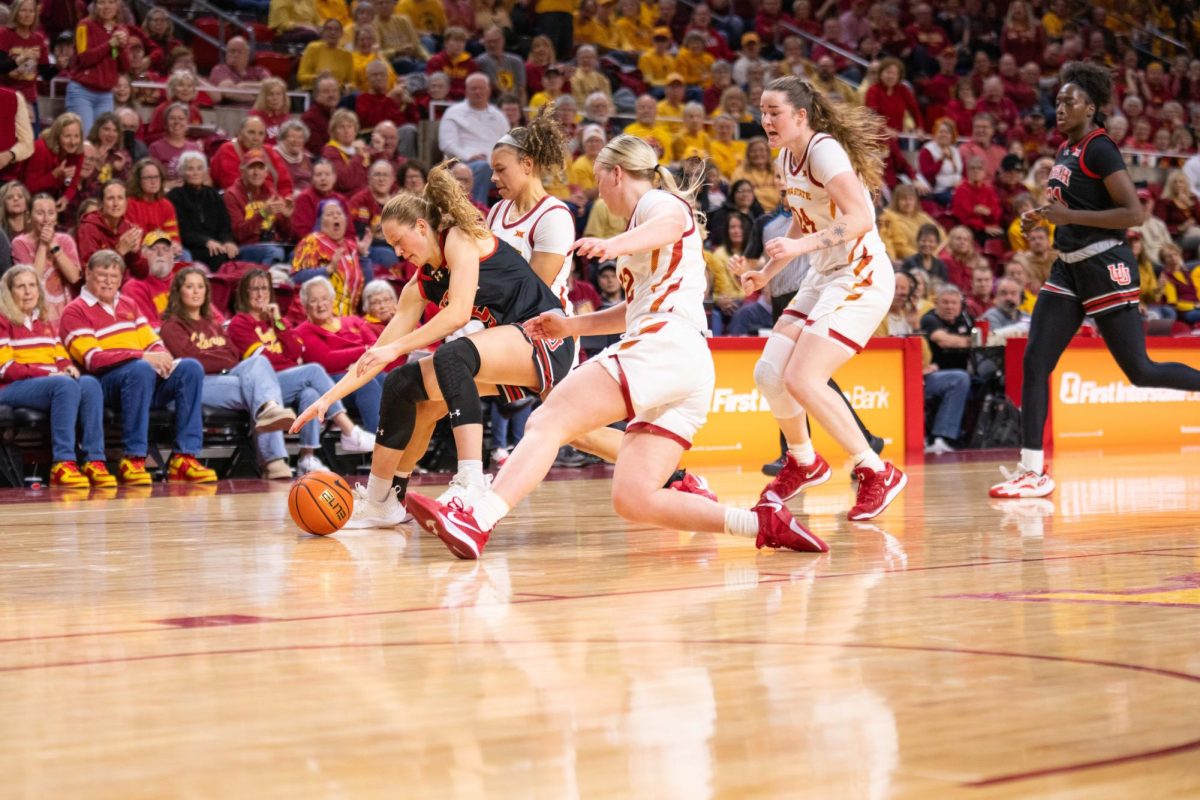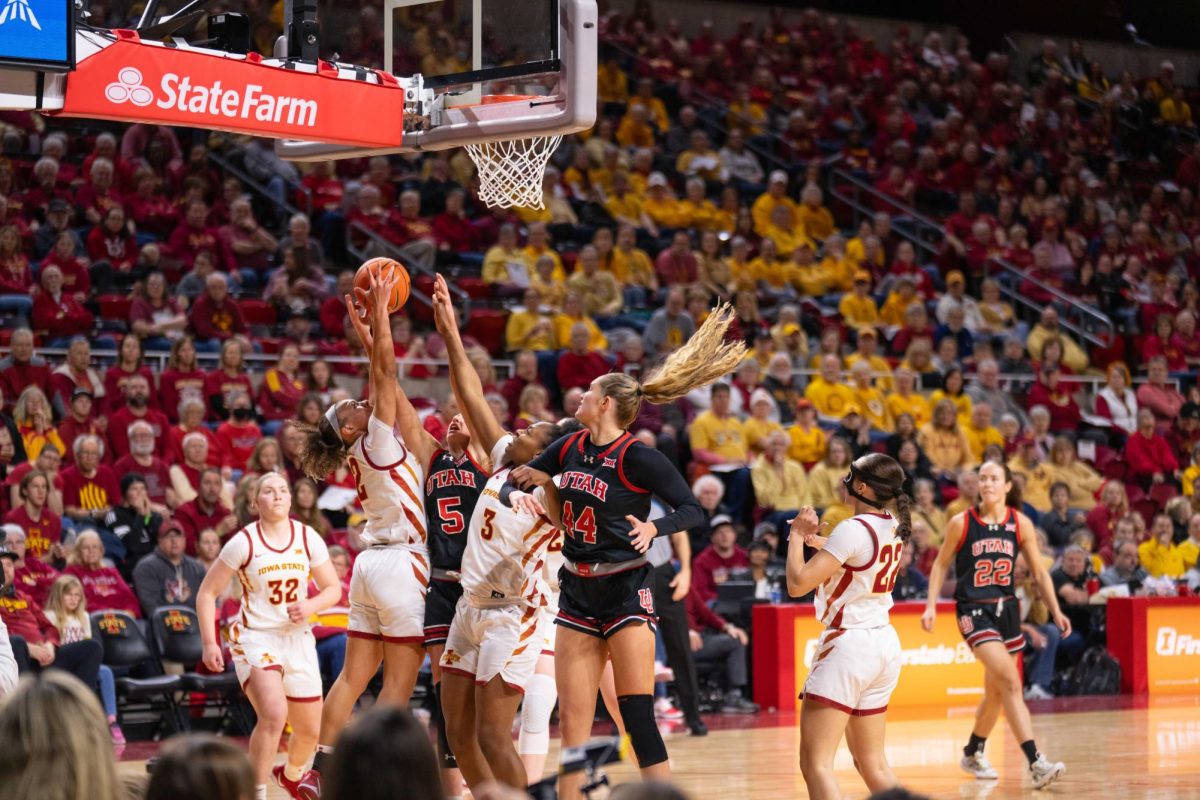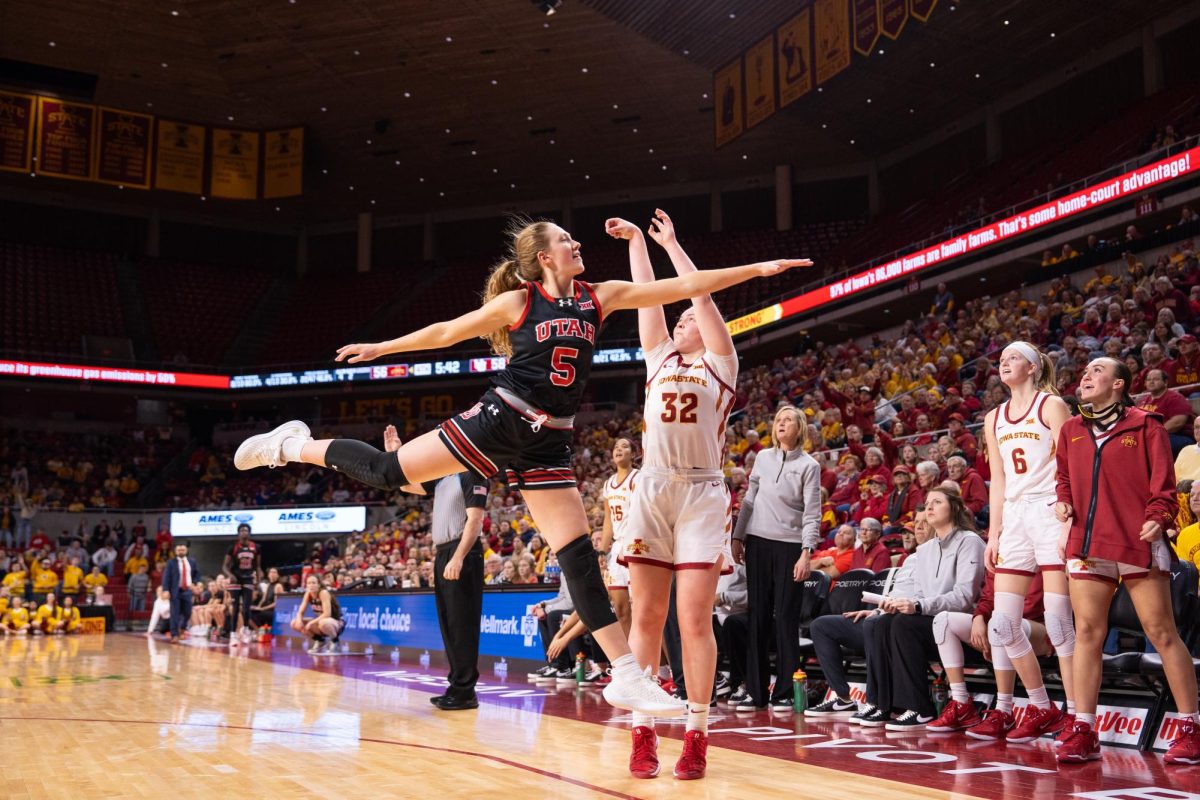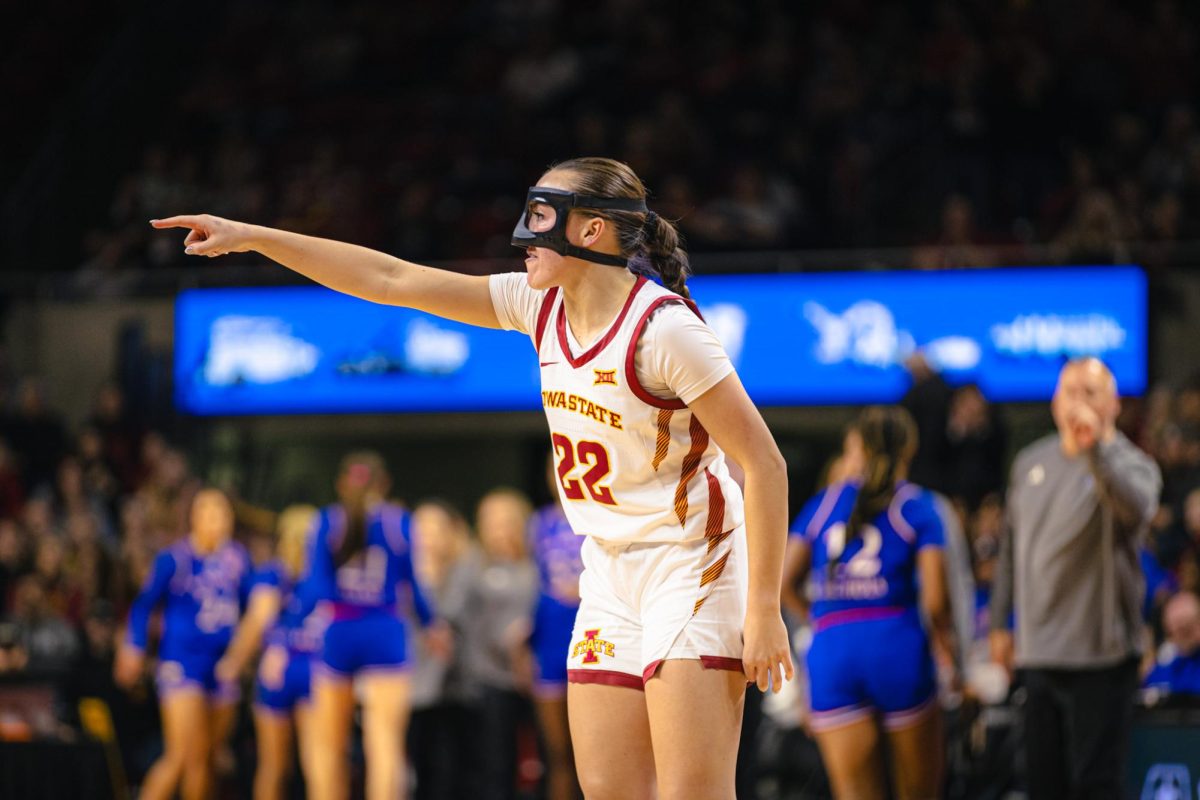Pilgrim’s pride
November 30, 1999
I write this on Thanksgiving, far from turkey, stuffing, pumpkin pie and disappointing football games. To put meaning into this year’s celebration, I made a pilgrimage to Plymouth. The city, about an hour from Exeter, is the sight from which the Mayflower began its trip to America.
I boarded a bus and buried myself in a book until we got out of town. The course of the ride took us past part of Dartmoor National Park, an area reminiscent of the especially hilly, but not quite mountainous, regions of Tennessee. The landscape was littered with little cities. England is one of the more densely populated parts of the world. Even here in the middle of Devon, which is as close as England gets to Iowa, many of the people are virtually living on top of each other in these little pockets of population.
The land ceased its rippling, and we soon crossed a rather wide and extremely long expanse of mud. I heard one of the ladies in front of me tell her traveling companion that it was the Plym River. I wondered how on earth they could call that a river but then guessed that there would probably be more water in it when the tide was in. I really didn’t have a clue.
A bus station is the most disgusting place in any city – full of dirt, trash and pigeon guano. I quickly removed myself from Plymouth station and began to look for some tourist information. I followed the signs to a little hut filled with brochures. The one titled “American Thanksgiving Heritage Walk” attracted my attention. I followed its directions to the harbor and then to the Mayflower Steps.
I don’t know that I’ve seen so many Americans assembled in one place since I left home. A man with a booming Southern accent was explaining to his children that this spot was where, in 1492, the pilgrims left for America. “Close enough,” I thought.
I was a bit disappointed with the marker erected on the site. A stone inscribed, “Mayflower 1620,” and a plaque under a little arch was all that stood to recall the event. A sign further down the waterfront outlined the planned improvement to the site, and I decided to forgive them for not having done something about it sooner. Besides, it’s kind of an American thing. I doubt that busloads of school children would be paying any visits to the spot from which those annoying Puritans finally left the rest of the island in peace.
Looking out past the harbor and to the Atlantic, I came to the realization that I’m a long way from home. I’m not exactly keen on getting in a jet and dealing with the hassles of the various airports I’ll encounter on my way back. It was pretty impressive that these people just set out on a wooden boat across the ocean to a place they knew virtually nothing about. Just before I broke out into a full rendition of “America the Beautiful,” the man with the “Don’t mess with Texas” voice pointed to a large naval boat coming in to the harbor. “Wonner ‘f that’s ares?” he asked no one. A U.S. ship was supposed to dock in Plymouth at some point in the day, but wherever this one was from, it must have seen Elroy. It turned back out to sea.
Plymouth is very modern looking when compared to the other cities I’ve visited. At one of the exhibits I visited at the museum, I learned that it was completely gutted in World War II. Nearly everything had to be rebuilt. I eventually ended up in a part of town that was spared from German bombs and was reminded by a plaque that this street was almost certainly tread upon by the likes of Walter Raleigh, Francis Drake, Captain Cook and any number of pirates. I felt that I was missing out on one of life’s great adventures and vowed that someday, I too would take to the sea. A Caribbean cruise would not satisfy this desire. I would be on a real boat where everyone responded to “matey” and jigging and rigging and swabbing with me hearties would be part of the daily routine.
I went down to the seaside. The tide was coming in as I took a seat on a set of concrete stairs. The water was crashing on the rocks, and a stiff wind occasionally caught the spray and carried to where I sat. I stayed there for a while, contemplating my pipe dream until the evening started to settle in. The sun was orange over the harbor, like a big … pumpkin pie.
Back on the bus to Exeter, I realized that I stunk of fish. I can’t stand that smell. I should probably rethink my plan to circumnavigate the globe.
Chris Crouch is a sophomore in political science from Rapid City, Ill.






